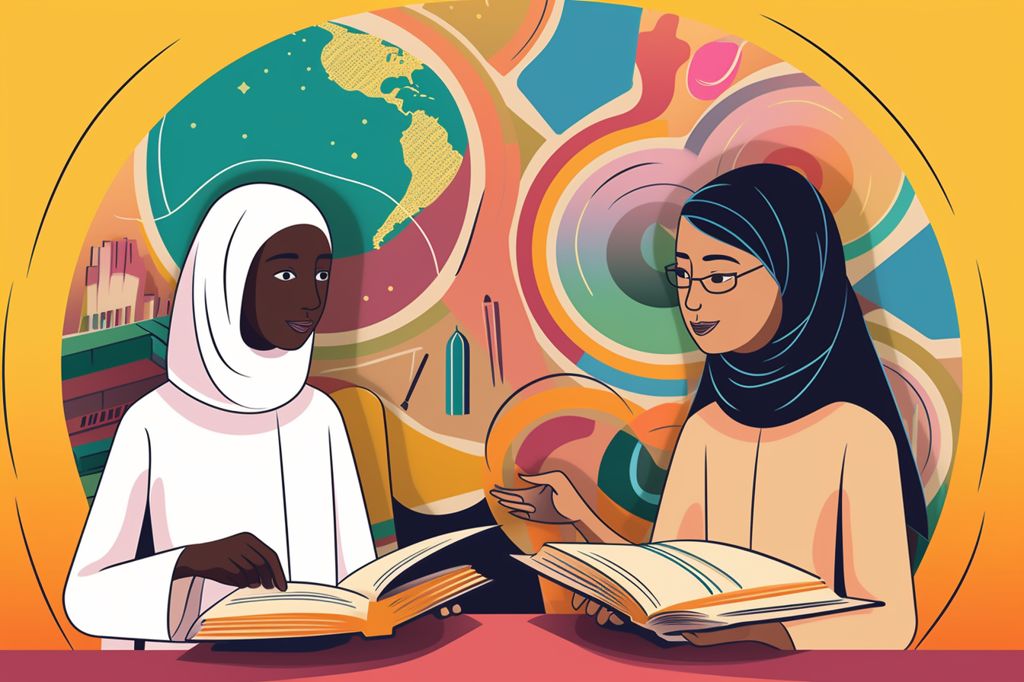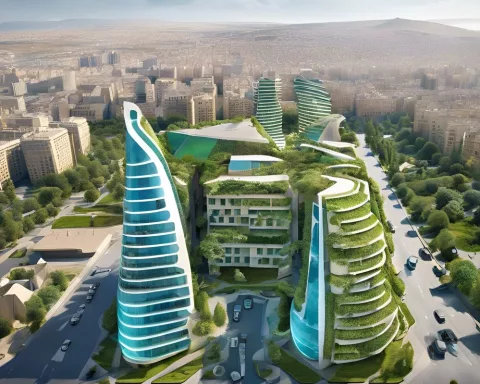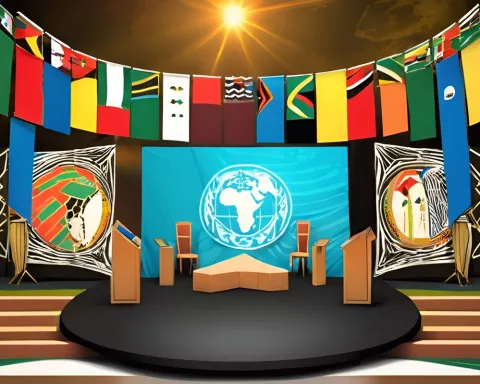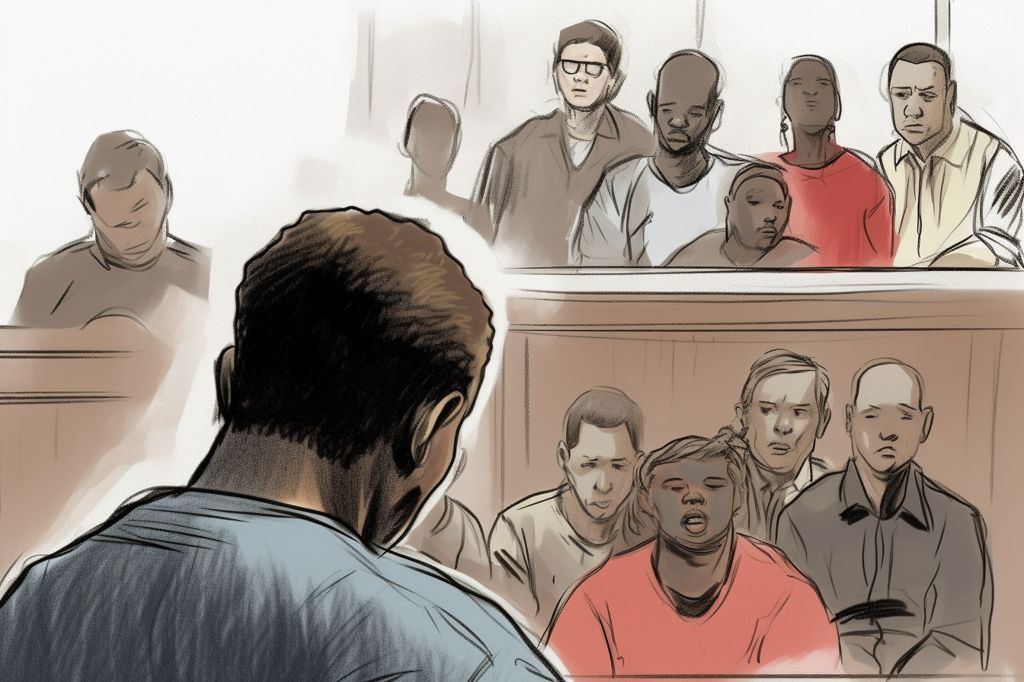The Minister of Higher Education, Science, and Innovation in South Africa, Dr. Blade Nzimande, recently oversaw the signing of a Memorandum of Understanding (MoU) on Cooperation in Higher Education and Training between South Africa and the United Arab Emirates (UAE). This partnership is significant as it reinforces their shared commitment to promoting educational excellence and equipping both nations with the skills and knowledge necessary to navigate the fast-paced, ever-changing world.
Objectives of the MoU
The primary goal of the MoU is to reinforce collaboration between the educational institutions of the two countries. This collaboration includes:
- Creating connections between universities, colleges, and training institutions
- Sharing best practices and specialized knowledge
- Encouraging student and faculty exchanges
- Improving the quality and accessibility of educational offerings
- Cultivating cultural understanding
- Encouraging cooperation between the two nations
South Africa is particularly interested in establishing institutional affiliations within the Technical and Vocational Education and Training (TVET) sector. Direct twinning agreements between institutions pave the way for resource and expertise sharing. The MoU aims to address skill shortages in South Africa by providing scholarships for South African students to study at renowned institutions in the UAE.
Ministerial Appreciation for the Partnership
Dr. Nzimande expressed his gratitude to those who worked tirelessly to bring the MoU to fruition and to the UAE government for their partnership and dedication to advancing education and training between the two countries. The Minister also extended an invitation to the UAE’s Minister of Higher Education, Dr. Ahmad bin Abdullah Humaid Belhoul Al Falasi, to visit South Africa to gain a deeper understanding of the post-school education and training system.
Achieving Inclusive Development and Sustainable Development Goals
The South Africa-UAE partnership is a significant step in achieving the Sustainable Development Goals that emphasize the importance of inclusive development. Through the MoU, both countries demonstrate their commitment to fostering growth and progress in the higher education and training sector. Ultimately, this benefits their citizens and contributes to the betterment of the global community. The partnership also exemplifies the positive impact that international cooperation can have on higher education and training, inspiring similar partnerships amongst other nations in the future.












